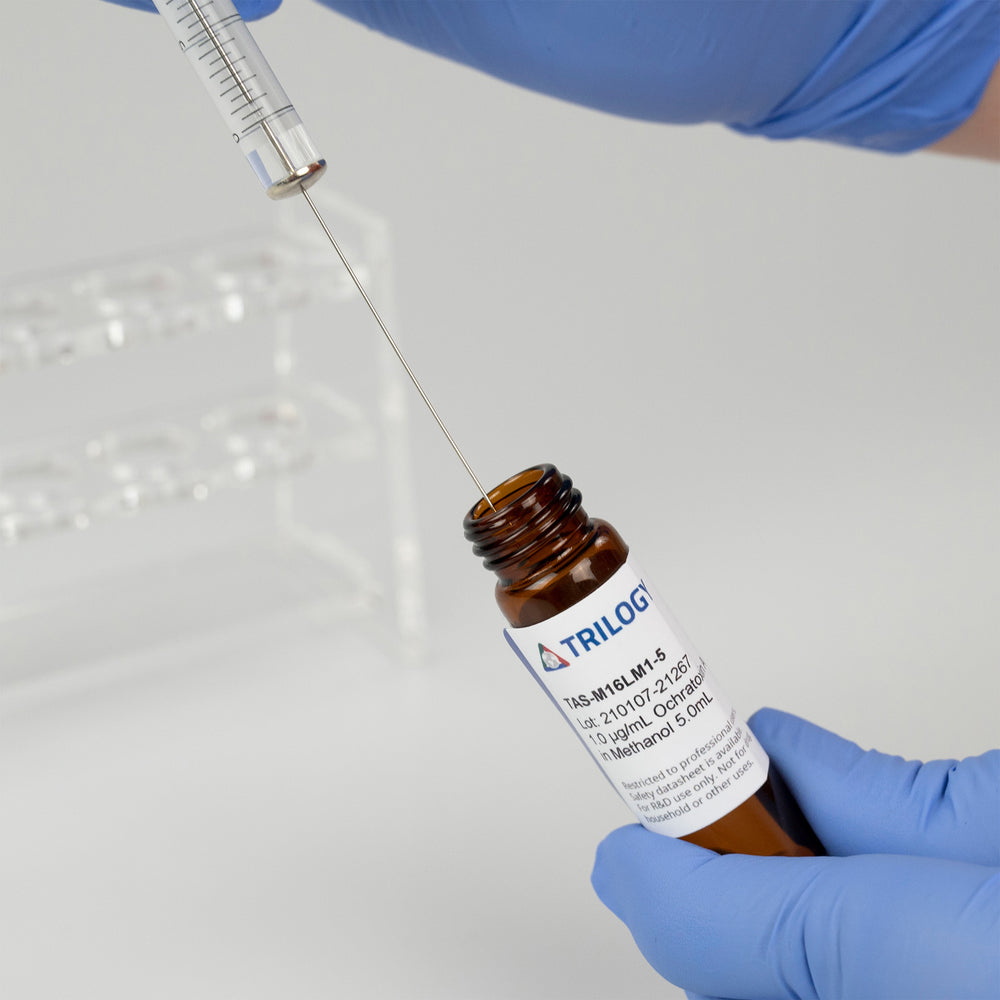The Importance of Sample Receiving
Kelley Renkemeyer
July 19, 2017

Receiving samples for analysis may be one of the most over-looked areas in a laboratory, but it is an area where errors can occur.
Receiving samples is the first point of contact the laboratory will have with samples. If an error occurs during receiving, it won’t matter if the laboratory is ISO 17025 accredited or not, because the correct information won't even make it into the laboratory.
If more goes into sample receiving than just opening a box, then what does it actually entail? At Trilogy, we use a barcoded system to tag and identify samples. This means that all samples that are sent for analysis must be added into the Trilogy LIMS (Laboratory Information Management System) database. This can become a very large endeavor. Think about how much information is important to the sample itself: each sample contains not only unique identification labeling, but also commodity, company, location, and the analysis being requested. Samples that are sent for testing need to match the sample submission form, and any discrepancies between the two need to be communicated to the person or company responsible for the submission. Following this preliminary check, sample information is then entered into the database and a barcode is created and attached to each individual sample.
What are the main errors that can occur during this process?
- Samples can mistakenly be placed out of order causing an incorrect barcode to be attached. This is a problem, because the results associated with the barcode identification are reported to the customer, and unknown to them the results could be for a completely different sample if this step has been done incorrectly.
- Incorrect customer or location information can be inputted, which can result in billing errors or a delay in results reporting.
- An incorrect analysis can be selected or a requested test left out. At Trilogy, we understand the need for a quick turn-around-time for our customers, and we understand that an error on our part can end up costing our customer a day or more in late results.

It is also important for sample receiving to be aware of damaged packages and containers, and for them to know what to do in the event a sample is compromised during shipping. Shipping carriers are busier than ever and packages can easily sustain damage not only to the outside of the package but to the contents as well. If a sample has not been secured shut, it may come open during the shipping process and can be contaminated with other samples in the box or spill completely from the container it was shipped in. In the event of contamination, Trilogy will notify the customer and request additional sample to be sent. This is an important example of why keeping a sample retain can be beneficial.
In addition to being aware of the many things that can go wrong during sample receiving, the personnel performing this task must also be knowledgeable in international and domestic shipping regulations. Permits are required to import grains and feeds into the United States, and these international materials need to be disposed of properly. Not only do samples need to be disposed of correctly, but they also need to be stored properly as well. This type of information needs to be correctly entered into the LIMS system so that storage conditions and disposal instructions are not only traceable in the case of an audit, but also executed properly throughout the chain of custody.
At Trilogy, we understand the importance of sample receiving and work hard to make sure your sample are taken care of during this part of the process. Our sample receiving department is experienced and knowledgeable. Once samples have been logged into our LIMS database, we double check that samples are in order and all information has been entered correctly. This helps us cut back on errors and allows us to ensure results are delivered in a timely manner. Sample receiving is a very important step in the process of analyzing samples, and we make it a priority.
About Trilogy
Trilogy is a food and feed safety laboratory specializing in mycotoxins, mycotoxin binder analysis, biogenic amines and animal drug residue testing. Trilogy Analytical Laboratory opened its doors in 1999 when its founders recognized a need in the mycotoxin industry for quick result turn-around utilizing reliable reference methods provided in an analytical setting. One of the main pillars of Trilogy’s strategy is to operate using a comprehensive quality program that we can rely on to ensure performance parameters are met every single time. From this philosophy the Trilogy line of quality products was born with the mycotoxin industry in mind.
Media Contact: Lynette Hischier, l.hischier@trilogylab.com






